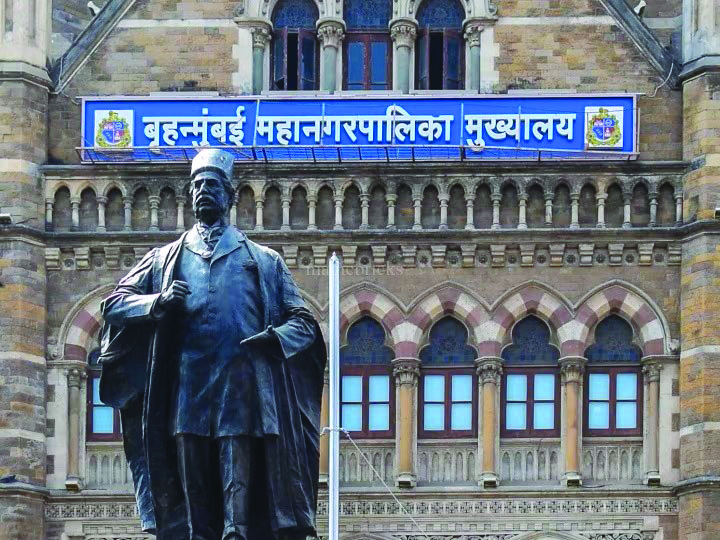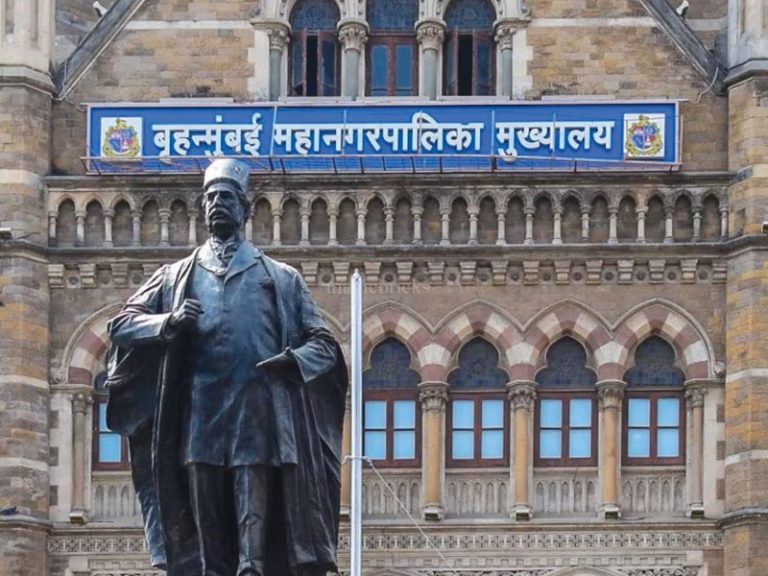Maharashtra: Discriminatory recognition
Nasrin Modak-Siddiqi (Mumbai)

Responding to a query filed under the Right to Information Act, the Brihanmumbai Municipal Corporation (BMC) has disclosed that 218 primary schools, including some highly reputed private primary schools in Mumbai — Anandilal Podar, Santacruz; St. Michaels, Mahim; St. Andrews Primary, Bandra; St. Aloysius, Santacruz; Alexandra Girls, Fort; Rustomjee Troopers (Dahisar), and Gloria Convent, Byculla — have been operating for several years without renewal of their recognition certificates.
Under s.18 of the landmark Right of Children to Free & Compulsory Education (RTE) Act, 2009, all schools are obliged to obtain a ‘recognition certificate’ from the ‘local authority’, which is empowered to issue it “subject to such conditions as may be prescribed”. BMC has prescribed that it should be renewed every three years.
Although the RTE Act mandates that recognition should be given for five years, state government educracies across the country are attempting to reduce it to lesser periods for private schools to inspect them for violation of fire safety regulations, and playground provision. However, old schools, some of them established over a century ago, are unable to adhere to all the norms prescribed by s.19 and the Schedule of the RTE Act. Some of these norms include a teacher-pupil ratio of 1:35, barrier-free access and a one-acre playground — impossible in land starved Mumbai. S.19 of the RTE Act states that “no school shall be established or recognised under s.18 unless it fulfills the norms and standards specified in the Schedule”. For older schools, s.18 (2) provided a grace period of three years for them to “take steps to fulfill such norms and standards at its own expenses within a period of three years”. That period has long since elapsed.
Institutions failing to obtain this certificate can be derecognised and heavy fines to the tune of Rs.10,000 per day and Rs.1 lakh penalty may be imposed by BMC. Notably this provision applies only to private schools, including institutions affiliated with the ICSE and CBSE exam boards. Hitherto, they required a mere no-objection certificate from the state education ministry.
In defence of their alleged violations, private school managements query why these infrastructure and other norms are not applicable to Mumbai’s 220 government schools. “After the RTE Act became law in 2010, the state and municipal governments have legislated fire safety rules prescribing width of staircases and school corridors which is impossible in our buildings, some of which, are a century old. Moreover, the state government has imposed a ceiling on tuition fees under the Maharashtra Educational Institutions (Regulation of Fee) Act, 2011. So how do you fund the infrastructure development proposed by the RTE Act and the state government?” queries an irate private school promoter.
While admitting the inequity of RTE Act rules and regulations being applicable only to private schools, most monitors of Maharashtra’s K-12 education sector insist that private and public schools need to be inspected for compliance with provisions of the Maharashtra Fire Prevention & Life Safety Measure Act, 2006 and inexpensive provisions of s.19 and Schedule of the RTE Act, 2009.
Yet in a letter dated January 11, the state government’s Director of Primary Education Sharad Gosavi directed Sandeep Sangve, Director of School Education (Mumbai) to inspect the 218 schools which are operating without recognition certificates. “It is imperative to assess whether these 218 schools comply with the standards and norms outlined in s.19 of the RTE Act. If criteria aren’t met, it is expected that the proposal for de-accreditation of these schools be submitted,” wrote Gosavi.
However, informed monitors of school education sector in Mumbai concede that although 218 private schools have not been awarded recognition certificates, they cannot be declared as unauthorised under the provisions of the RTE Act, 2009. They opine the imposition of heavy fines culminating in forced closure of private schools is certain to be challenged in the courts under Article 14 (equality) of the Constitution.
Meanwhile the via media is to ensure that all schools — including government institutions — institute fire and other safety measures to “the maximum extent possible” to ensure the safety of children. Closure of 218 private schools for violation of one or more of the infrastructure norms prescribed by s.19 and the Schedule — from which government schools are exempt — is too harsh a punishment and is likely to precipitate citywide panic.
Also read: Maharashtra: Action against private schools boycotting RTE admissions
















Add comment